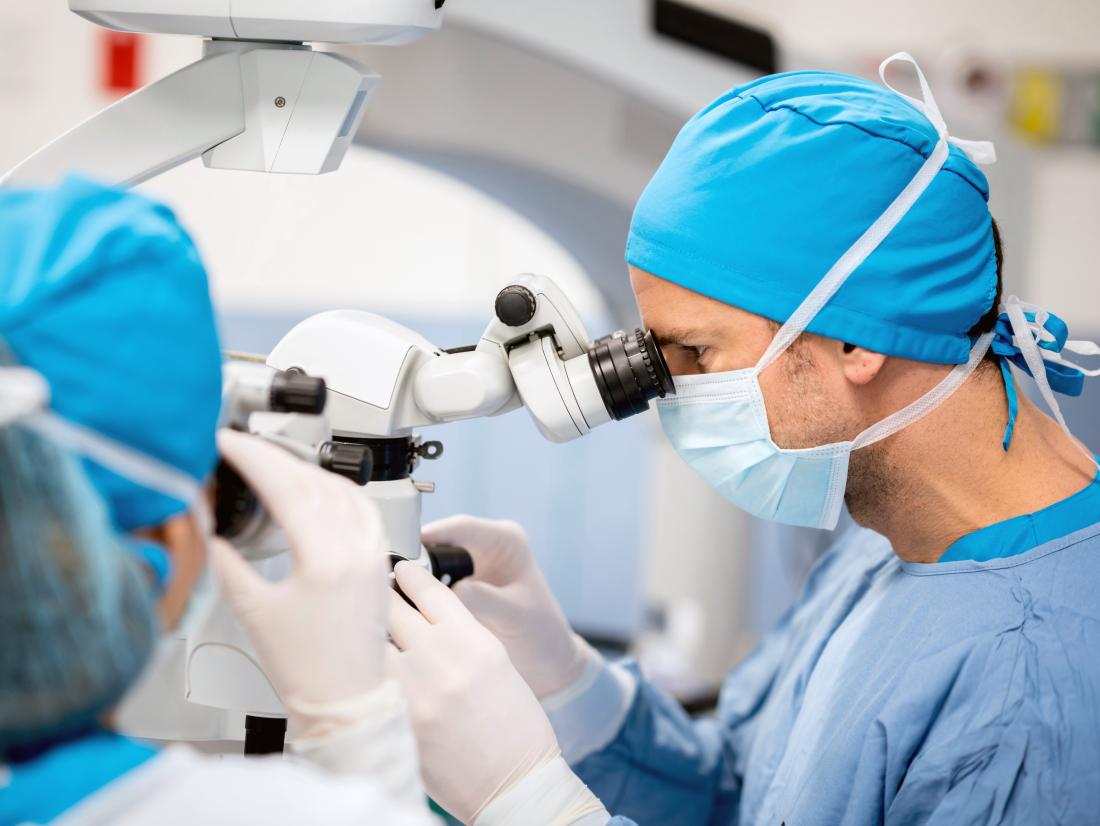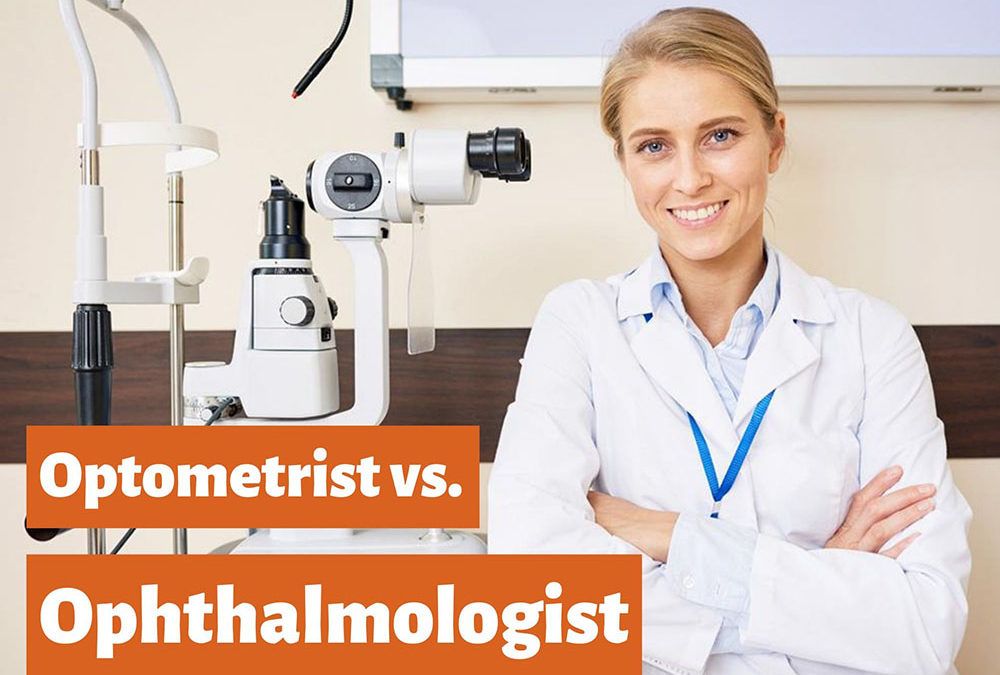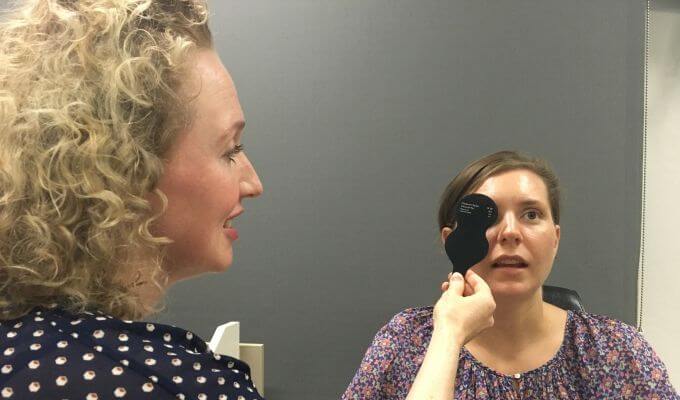How Adult & Paediatric Eye Surgery can Save You Time, Stress, and Money.
Table of ContentsSome Known Questions About Comprehensive Ophthalmology.The Buzz on Adult StrabismusSome Known Details About Paediatric Ophthalmology The 3-Minute Rule for Eye Checks
Ophthalmologists are clinical doctors that specialize in the medical diagnosis and treatment of eye as well as vision problems. These three types of eye treatment specialists have rather similar-sounding names as well as overlapping work descriptions.They can not offer eye tests, write prescriptions, or diagnose or treat eye issues. Provide eye exams, vision testing, and also prescriptions for glasses or contact lenses.

Ophthalmologists detect and also treat injuries, infections, illness, as well as problems of the eye. Treatments can consist of medication taken orally (by mouth) or topically (in the eye), surgical treatment, cryotherapy (freeze therapy), and radiation treatment (chemical therapy). Ophthalmologists go to clinical school then obtain numerous years of specialized training in the medical and also surgical care of the eye.
Unknown Facts About Eye Checks
As they are the only clinical professionals that can treat all eye conditions, ophthalmologists see a variety of eye problems, including: How often should you have an eye examination? What are signs that suggest you may have an eye issue that needs to be examined by an ophthalmologist? The American Academy of Ophthalmology suggests: As kids's eyes are growing and altering quickly, they need to obtain a vision testing.
Adults who have healthy eyes and exceptional vision ought to have 4 detailed eye exams: one in their 20s, two in their 30s, and one at age 40. These appointments may enable the eye doctor to capture an eye disease or vision adjustments early on. By the time you discover symptoms, you may already have some vision loss (AMBLYOPIA).

People who are at a greater threat of eye illness might require to get an eye examination more commonly. After age 65, your eyes must be checked every one to 2 years.
Your sight relies on seeing the ideal eye physician at the right time. When it's time to "get your eyes examined," make certain you are seeing the best eye treatment specialist for your requirements. Ophthalmologists, eye doctors as well as more information lens each play an essential duty in giving eye like customers. The degrees of training and expertise are fairly various for each kind of service provider.
Adult Strabismus Fundamentals Explained

is a medical or osteopathic medical professional who focuses on eye as well as vision care. Eye doctors vary from optometrists and lens in their levels of training and in what they can detect and deal with (https://packersmovers.activeboard.com/t67151553/how-to-connect-canon-mg3620-printer-to-computer/?ts=1656856882&direction=prev&page=last#lastPostAnchor). As a medical doctor who has finished university and also at the very least 8 years of added medical training, an ophthalmologist is licensed to practice medication as well as surgery.
Numerous eye doctors are likewise associated with scientific study on the reasons and treatments for eye illness and also vision problems. SUBSPECIALISTS: ADDITIONAL EXPERTISE AS WELL AS TRAINING FOR PARTICULAR EYE NEEDS While eye doctors are educated to look after all eye troubles as well as conditions, some Eye M.D.s focus on a certain area of clinical or surgical eye treatment.
He or she typically completes a couple of years of extra, a lot more in-depth training called a fellowship in one of the primary subspecialty areas such as glaucoma, retina, cornea, pediatrics, neurology and also plastic surgical procedure, in addition to others. This added training and understanding prepares an ophthalmologist look after more complicated or specific problems in specific locations of the eye or in specific groups of people.
An eye doctor is not a clinical physician. An optometrist receives a physician of optometry (OD) degree after finishing 4 years of optometry institution, come before by 3 years or even more years of college. They are certified to practice optometry, which primarily entails doing eye tests and also vision tests, recommending and giving rehabilitative lenses, finding specific eye abnormalities, and prescribing medications for certain eye conditions.
The Best Guide To Amblyopia
They utilize prescriptions supplied by eye doctors or eye doctors, but do not check vision or write prescriptions for visual improvement (https://ouo.press/v9XUMvl). Lens are not allowed to detect or treat eye illness. ADULT CATARACT.
That's why it is so essential to see an eye doctor for a total medical eye test by age 40, and also then as frequently as suggested by your Eye M.D.
A total, medical eye exam by an Eye M.D. can be the first step towards saving your view. Protruding of one or both eyes; Dark drape or shroud that blocks your vision; Reduced vision, also if short-lived; Diabetes mellitus; Distorted vision; Double vision; Excess tearing; Eyelid problems; Household background of eye disease; Halos (tinted circles around lights); High blood stress; HIV or AIDS; Injury to the eye; Loss of outer (side) vision; Misaligned eyes; New advances (black "strings" or flecks in the vision) and/or flashes of light; Discomfort in the eye; Thyroid disease-related eye problems (Graves' disease); Unusual red eye.